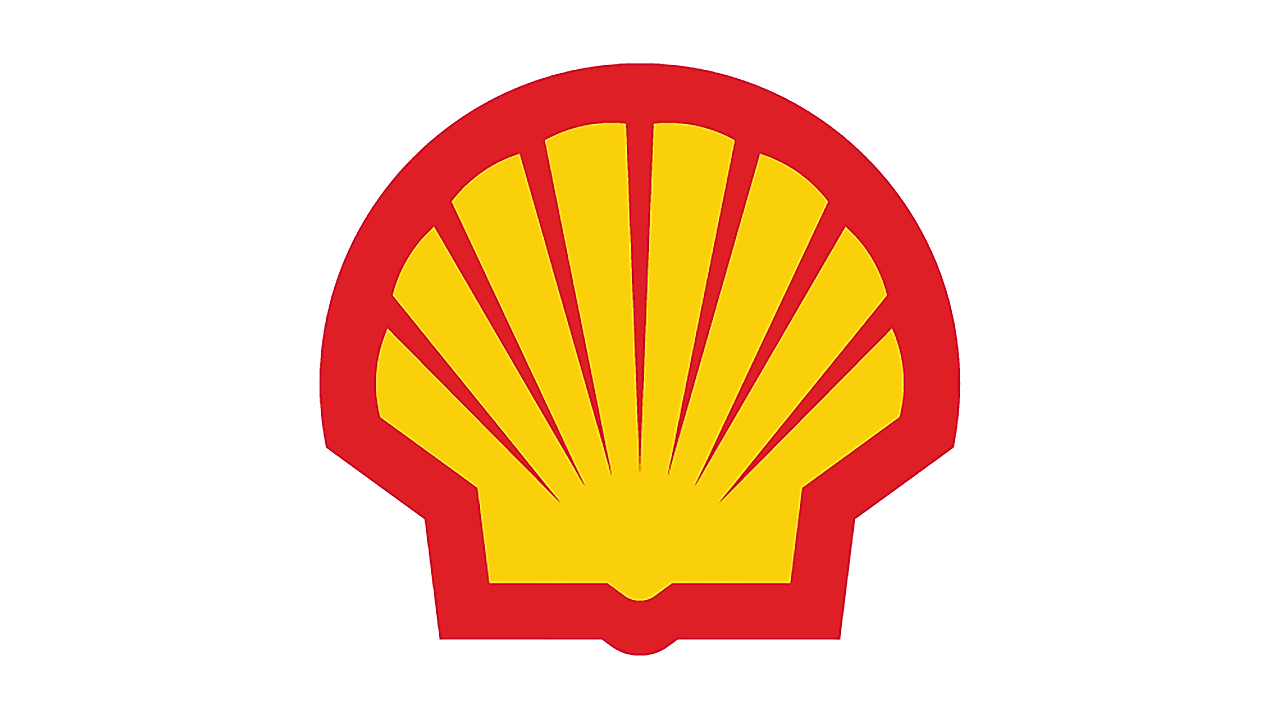
This or That: Dealer finance or bank loan?
We look at the pros and cons of financing a car through a dealership or a bank loan to ensure you get the best deal in the long term.

A new year can be the perfect time to buy a new car, with many dealerships clearing out old stock at discounted prices and private sellers listing cars as they upgrade. If you’ve decided now is the time for a new set of wheels and investigated car financing, you’ll know there is an overwhelming variety of options.
So, is dealer finance better than a bank loan? The answer will come down to your individual circumstances, including how quickly you need the loan, the type of car you want to buy, how much flexibility you need with repayments and your long-term financial outlook. Here are some pros and cons to consider when choosing the best way to finance your car.
Bank car loans: pros and cons
A bank car loan is a type of personal loan used to purchase a new or second-hand vehicle. Bank loans are usually secured loans, meaning the car is used as collateral and can be repossessed if you default on repayments. Personal loans (whether through banks, credit unions or online lenders) typically offer the greatest flexibility on car loans, with the option to choose between fixed and variable rates and the ability to change your payment frequency, make extra repayments and even refinance over the life of your loan.
The other big advantage is that this type of loan can be used to purchase any type of car, including used and private vehicles. On the flip side, disadvantages include the length of time it can take to secure a car loan, which can be a more complicated process than dealer finance.
Dealer finance: advantages and disadvantages
Car dealership financing is a type of loan offered via the dealership with similar terms to a car loan (in that you pay back the loan amount plus interest in instalments over a specified length of time). Some car manufacturers have their own finance arm while others use a third-party financier. Car dealers receive a commission on this finance and often promote extremely competitive interest rates to attract new customers.
The biggest advantage here is that it can be very quick to secure a loan (even without a strong credit history) and you can often negotiate finance terms at the time of purchase. The disadvantages are that you’re limited to the cars available on the showroom floor and there are commonly unfavourable conditions such as not being able to make extra repayments or a fee if you pay your loan off early.
Car loan interest rates
No matter how you finance your car, it helps to understand the best way to compare interest rates. Always look at the ‘comparison rate’, which factors in extra fees and charges (such as annual fees and application fees). For example, an advertised rate for a secured car loan with a bank might be 6.99%, but the comparison rate is 8.40%. Dealers often promote interest-free loans, but the fine print may include extra fees or a higher interest rate at the end of an initial interest-free period. In some cases, low-interest dealer rates may also mean you’re paying an inflated price for the car itself.
Lastly, while dealers typically advertise lower rates than banks, these rates can be accompanied by a balloon payment, which is a lump sum you pay at the end of your loan. Balloon payments are typically 20-40% of your loan amount, so if you borrowed $20,000, you could be required to pay up to $8,000 at the end of your loan. Paying less in the short term with a lump sum in the future may be the best fit for your circumstances – but it pays to ensure you are fully informed before you make your decision.
Ultimately, the choice of whether to opt for dealer finance or a bank loan when buying your new car comes down to your own personal circumstances. Do your research and shop around before deciding on the option that’s best for you.
Disclaimer
Viva Energy Australia Pty Ltd (“Viva Energy”) has compiled the above article for your general information and to use as a general reference. Whilst all reasonable care has been taken by Viva Energy in compiling this article, Viva Energy does not warrant or represent that the information in the article is free from errors or omissions or is suitable for your intended use.
You may also be interested in

By Shell on November 13, 2024

By Shell on March 15, 2022

By Shell on Feb. 16, 2023